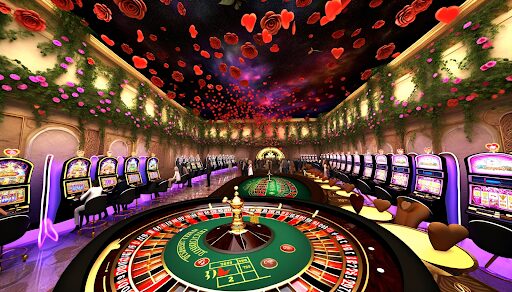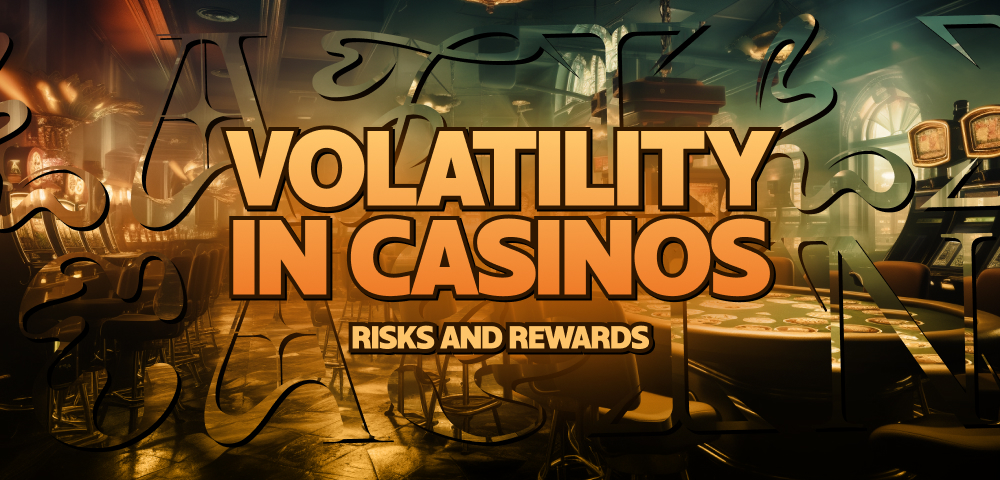Navigating the Thrills: A Comprehensive Guide to Florida’s Casino Landscape
Related Articles: Navigating the Thrills: A Comprehensive Guide to Florida’s Casino Landscape
Introduction
With great pleasure, we will explore the intriguing topic related to Navigating the Thrills: A Comprehensive Guide to Florida’s Casino Landscape. Let’s weave interesting information and offer fresh perspectives to the readers.
Table of Content
Navigating the Thrills: A Comprehensive Guide to Florida’s Casino Landscape

Florida, known for its sunshine and beaches, also boasts a vibrant gambling scene. While the state’s gambling landscape is unique, with limitations on traditional casino gaming, it offers diverse options for those seeking the excitement of chance. This comprehensive guide explores Florida’s casino map, outlining the different forms of gambling available, the key locations, and the regulations that shape this industry.
Understanding Florida’s Gambling Landscape:
Florida’s gambling scene is governed by a complex web of regulations, shaped by historical factors and evolving public sentiment. The state’s constitution prohibits traditional casino-style gambling, including slot machines and table games, in most locations. However, certain exceptions exist, creating a unique tapestry of gaming opportunities.
1. Tribal Casinos:
Florida’s most prominent gambling destinations are tribal casinos, operated by sovereign Native American tribes under federal law. These casinos are located on tribal lands and are exempt from state regulations, offering a wider range of games, including slot machines, table games, and poker.
Key Locations:
- Seminole Tribe of Florida: This tribe operates the largest casino network in the state, including the iconic Hard Rock Hotel & Casino in Hollywood, the Seminole Casino Coconut Creek, and the Seminole Casino Brighton.
- Miccosukee Tribe of Indians of Florida: This tribe operates the Miccosukee Resort & Gaming in Miami-Dade County, offering slot machines, poker, and bingo.
2. Pari-Mutuel Wagering:
Pari-mutuel wagering, where bets are pooled and payouts are determined based on the proportion of bets placed on each outcome, is legal in Florida. This form of gambling primarily focuses on horse racing and jai alai, a fast-paced Basque sport.
Key Locations:
- Horse Racing Tracks: Florida has numerous horse racing tracks, including Gulfstream Park in Hallandale Beach, Tampa Bay Downs in Tampa, and Calder Casino & Race Course in Miami Gardens.
- Jai Alai Frontons: Jai alai is still popular in Florida, with frontons operating in Miami, Dania Beach, and Ocala.
3. Lottery and Other Forms of Gambling:
Florida operates a robust lottery system, offering a variety of games, including Powerball, Mega Millions, and Florida Lotto. Additionally, the state allows for other forms of gambling, such as bingo, pull-tabs, and raffles, under specific regulations.
Navigating the Casino Map:
- Location: The map highlights the key locations of tribal casinos, horse racing tracks, and jai alai frontons, providing a visual overview of Florida’s gambling landscape.
- Types of Gambling: The map distinguishes between different types of gambling, allowing visitors to identify the options available in each location.
- Regulations: The map incorporates information about the regulations governing each type of gambling, helping users understand the legal framework.
Importance and Benefits:
The casino map serves as a valuable tool for both residents and visitors, providing a comprehensive overview of Florida’s gambling options. This information empowers individuals to make informed decisions about their entertainment choices, ensuring they choose activities that align with their preferences and legal requirements.
FAQs by Casino Florida Map:
1. What types of gambling are legal in Florida?
Florida allows tribal casinos, pari-mutuel wagering (horse racing and jai alai), lottery, and certain other forms of gambling, such as bingo and raffles.
2. Where can I find traditional casino-style gambling in Florida?
Traditional casino-style gambling, including slot machines and table games, is primarily available at tribal casinos.
3. Are there any age restrictions for gambling in Florida?
The minimum age for gambling in Florida is 18 years old.
4. How do I access the casino map?
The casino map is accessible online through various websites, including those of the Florida Lottery and the Seminole Tribe of Florida.
5. Are there any special regulations for gambling at tribal casinos?
Tribal casinos operate under federal law, and their regulations may differ from those governing other forms of gambling in Florida.
Tips by Casino Florida Map:
- Research: Before visiting a casino, research the specific rules and regulations governing the establishment, including age restrictions, dress codes, and acceptable forms of payment.
- Set a Budget: Determine a spending limit before entering a casino and adhere to it, ensuring responsible gambling practices.
- Understand the Odds: Be aware of the house edge and the probabilities associated with different games, making informed decisions about your bets.
- Take Breaks: Regular breaks from gaming can help maintain focus and avoid excessive spending.
- Seek Help: If you or someone you know is struggling with gambling addiction, resources are available, including the National Council on Problem Gambling.
Conclusion by Casino Florida Map:
Florida’s casino map offers a unique glimpse into the state’s diverse gambling landscape. By understanding the regulations, the key locations, and the different types of gambling available, individuals can navigate this exciting world responsibly and enjoy the entertainment options that Florida has to offer. Whether seeking the thrill of slot machines at a tribal casino, the excitement of horse racing, or the chance to win big with the lottery, Florida provides a range of experiences for those looking to test their luck.








Closure
Thus, we hope this article has provided valuable insights into Navigating the Thrills: A Comprehensive Guide to Florida’s Casino Landscape. We appreciate your attention to our article. See you in our next article!